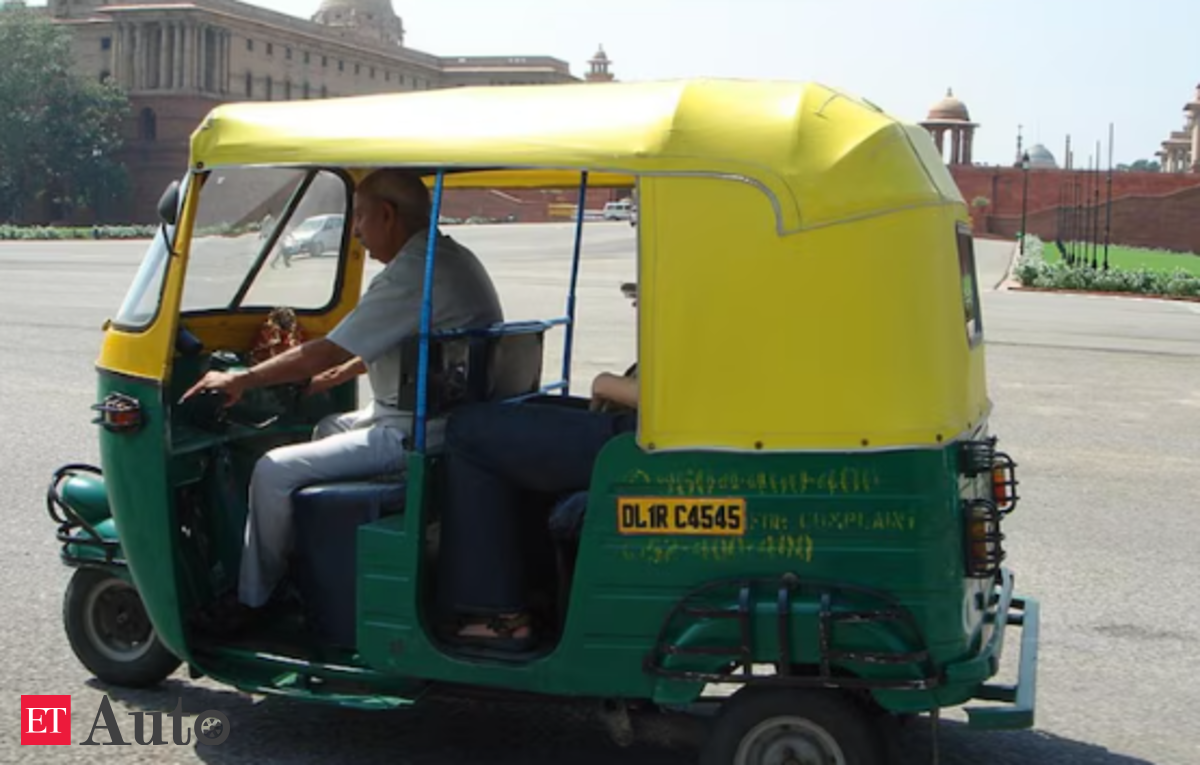Transporters Adjust Fares Amid Reduction in Fuel Prices Nationwide

Commercial transport operators in Nigeria are facing scrutiny as they maintain high fares despite reduced fuel prices and the availability of compressed natural gas (CNG) as an alternative. This situation has sparked widespread concern among commuters who are feeling the pinch on their daily earnings.
Passengers report that transport fares have remained stubbornly high, even after petrol prices decreased from N1,200 per litre to N860 and subsequently to N930. They attribute this to the influence of road transport unions, which allegedly impose high fares on operators, who then pass the burden onto passengers. Some commuters claim that fares have increased by as much as 400% since President Bola Tinubu's removal of fuel subsidies in 2023.
Checks reveal that commercial transport operators are subjected to multiple levies in parks, including booking, loading, and ticket fees, all payable to the unions. These additional costs contribute to the overall financial strain on transport operators and, ultimately, the commuters.
Data from the National Bureau of Statistics (NBS) indicates that the average fare for intercity transport in Nigeria rose to N7,122.75 in April, a significant increase from N3,994.51 in 2023. While there was a minor monthly decrease of 0.43% from N7,152.97 in March, the overall trend points to rising transport costs.
Over the past 22 months, petrol prices have fluctuated between N800 and N900 per litre, with projections suggesting potential increases above N930 per litre. This volatility has led transporters to increase costs by 20% to 100%, which in turn affects logistics expenses for food traders, who pass these costs onto consumers, impacting household incomes and affordability of daily meals.
A report by SBM Intelligence highlights the significant increase in Nigeria's transport costs over the last seven years. Interstate bus fares have risen by 403.5%, airfares by 280.7%, and water transport fares by 148.8%. The report also reveals that a substantial portion of Nigerian workers spend over 20% of their salary on transportation, underscoring the financial strain caused by rising transport costs.
Chief Economist at ARKK Economics and Data Limited, Samson G. Simon, notes that even employed Nigerians are struggling to afford nutritious diets due to shrinking disposable incomes.
Earlier reports from Legit.ng, citing NBS data, indicate that the average fare paid by commuters for bus journeys between cities was N7,117.17 in July 2024. While this represents a 20.23% decrease compared to July 2023 (N5,919.49), there was a 0.35% increase compared to June 2024 (N7,092.03), indicating fluctuating transport costs.










